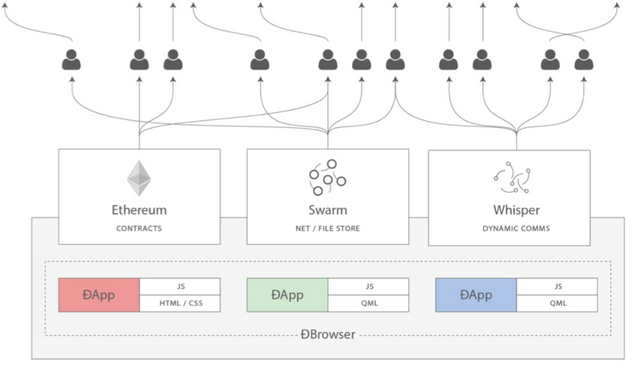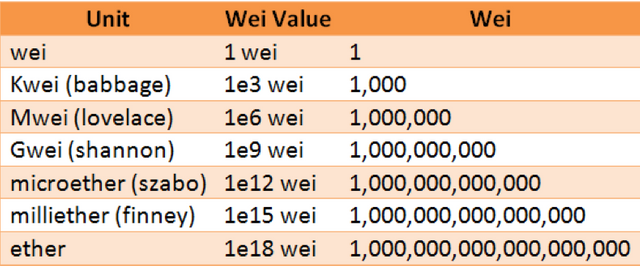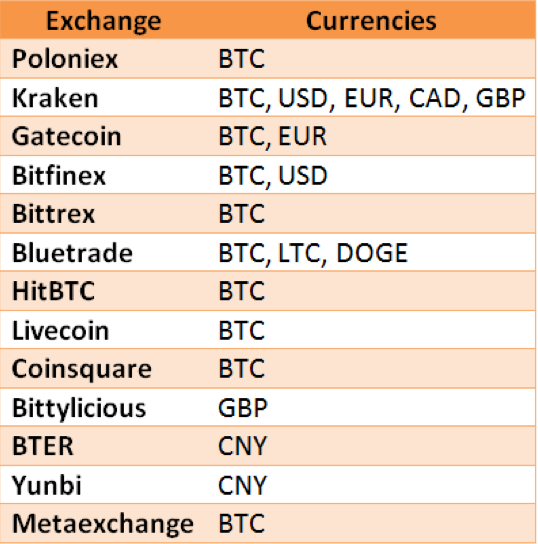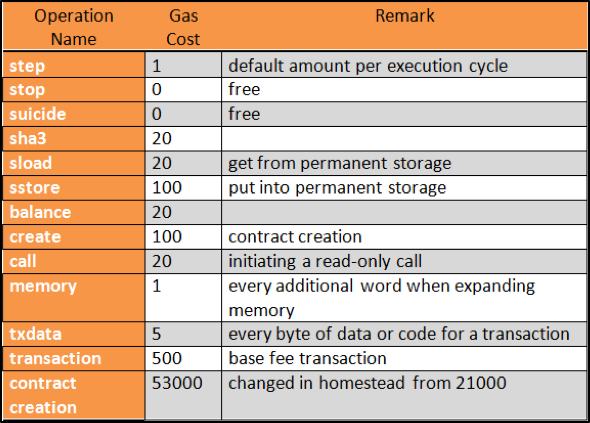Ethereum explained for beginners

Ethereum is a digital currency, designed on a block chain open platform, a decentralized application that can be used by anyone. Ethereum cannot be controlled similar to BITCOIN. Ethereum platform was globally designed by many people. However, Ethereum has a strong protocol unlike BITCOIN, in which the user can create an application or use the tool safely with the introduction of Homestead. It is designed to be flexible and adaptable by a large audience.
In addition, Ethereum is said to be the next generation technology based on block chain, originally designed by Satoshi Nakamoto, a “Peer-To-Peer Electronic Cash System”, named “BITCOIN”. The block chain is a computer structured framework in which each node of network is executed and recorded similar transactions that are grouped within blocks. One block is added at a time where each block contains a proof of mathematics that verifies the chain, linked to earlier block. The transactions of the user are protected by a strong cryptography.
History
Ethereum was initially invented by Vitalik Buterin in 2013, which was the result of his research work for the community of BITCOIN. Soon, after the invention, Vitalik had published the white paper known as “Ethereum white paper”, describing the details of the design technicalities and rationale for “smart contract structure” and “Ethereum protocol”. Vitalik formally announced the program in January 2014, at “The North American BITCOIN Conference in Miami, Florida, USA”. During that time Vitalik began working in collaboration with Dr. Gavin Wood, jointly founded the Ethereum.
Ethereum a Virtual Machine
Ethereum is based on a programmable block chain that provides the user with the pre-defined set of operations and allow the users to create the operation of their own choice, according to their wishes. This sort of system has given a platform for every user in a decentralized type of block chain application which is beyond, crypto currencies. At the core of there lies Ethereum Virtual Machine (EVM), executing the codes of complex arbitrary algorithmic. In the science and computer terminology “Ethereum” means “Turning Complete”. The developers are able to create number of application that can be run on the EVM in such languages that are friendly, based on the languages such as, Python and JavaScript. Ethereum has a peer-to-peer protocol of network similar to block chain and the Ethereum block chain is connected by number of nodes and each node runs the EVM that execute the similar instruction, which is why Ethereum at times called “world computer”.
Ethereum process
Ethereum is made up of number of different technologies and features that are known by BITCOIN users together with numerous innovations and variation. Ethereum is based on the basic unit of account, whereas, its block chain keeps a track of all the transitions and transfer the information in between the accounts. Conversely, the block chain of BITCOIN was based on transaction list. The system held two kinds of the accounts:
- Externally Owned Accounts (EOAs) - private keys controlled them.
- Contract Accounts- that are specifically controlled by public keys and only EOA can activate them.
Moreover, the major difference between the two is that humans are controlled by EOAs and Contract Account is controlled by the program that is built by an EOA holding a specific address, which is in-turn controlled by the holder of the private key having control of EOA. The most widely term used “smart contracts” is referred to Contract Account, a program that execute the sent transaction of the account holder. The users may add the new further contracts by simply adding the codes to the block chain.
Transaction Fee
Ethereum, do have a small transaction fee just like BITCOIN, whereas users pay a relatively smaller amount to the executor of the networks. This method in turn protects the transactions of Ethereum users and protects form being caught by any malware attack. The sender has to pay the fees at each and every step of the activated program that includes the memory storage and computation. The amount of the fees is paid equivalent to that of native of Ethereum, i.e. ether- value-token. The nodes collect the transaction fees that in turn validates the network.
Ethereum Clients
The clients of Ethereum are quite similar to that of Java VM or .Net runtime, in terms of understanding. They can execute the “Ethereum Program” on anybody’s computer. Choosing the right client has always been the top priority of the various systems and it is the most vital element too. The door has been opened to the number of end users and there is no single collective “Ethereum Installer” for the users to use. The introduction of the robust client ‘Homestead’ is the most widely used client, but this is obviously not going to be the ultimate client in the near future. There has been number of other clients that have been offering the program in the market such as go-ethereum, cpp-ethereum, parity, ruby-ethereum and ethereumH etc. Adding to this, there are numerous clients’ whose resources are backed by the Ethereum foundation along with other commercial clients and community based client.

Figure 1: Ethereum Protocols
Ether
Ether is a fuel for the Ethereum system. It is a form of currency in which the computation of payment is done into the system of EVM. The process is computed by the purchase of gas to use it for ether. Ether is also used as a denomination for Ethereum as a medium of unit. Every value was given a particular name and some belongs to a specific family name. The smallest unit of Ether is known “Wei”. Some people mix Ethereum as a unit, which is not, Ether is the unit. Below is the table that states units of Ether.

Figure 2: Table for Ether Units

Figure 3: List of centralized exchange marketplaces
Gas
The block chain on which the Ethereum executes certain environment is known as Ethereum Virtual Machine (EVM). Each participating node within the network runs the EVM which is the division of “block verification protocol”. They pass along the listed transaction within the block in EVM. Every single node of the network has the similar calculus and stored similar units/values.
Ether and Gas relation
Gas is the stable value/unit cost for the network to which the resource is utilized. Generally, the currencies are volatile in nature and the user always want to know the real cost for the transaction he made and Gas cannot issued in that case. Therefore, Ether is used to suppose the value of the Ethereum instead of Gas. Ether and Gas are inversely related say for instance if the Ether price increases, than Gas price should decrease to maintain the concept of real cost. Gas is used in number of different ways like Gas Cost, Gas Fees, Gas Price, and Gas Limit.

Figure 4: Gas Price List
Transaction
Transaction is term that is used within the system of Ethereum, referred to a certain data that is stored by message from one account to another on the platform of a block chain.
Contracts
In the Ethereum system, the contract- a set of data and codes lies on a certain address in the block chain of Ethereum. The contract account holders have the option of sending the messages to another contract account holder. Contracts are found in their specific designed block chain known as Ethereum- specific binary, within the Ethereum Virtual Machine. The language in which the contacts are written is known as Solidity, which are then combine within the bytecode; thereby they uploaded on the block chain.
ETHEREUM Community
Ethereum users must choose the community that they trust the most for carrying out discussion and while asking particular questions. There are number of forums available to the users. Some are commercial and some are linked to the Ethereum Foundation. Some of the known forums are as follows:
*Ethereum Forum;
*Ethereum Improvement Proposals (EIPs);
*Gitter Rooms;
*Meetups;
*Obsolete;
*Reddit;
*Skype;
*Stack Exchange.
Ethereum is the recently developed digital form of currency or the next generation technology, as said by many experts. Some experts say that Ethereum is something beyond the currency; it has included everything from currency used as a medium to make electronic purchases to the development of the application. The system incorporates number of factors and has its own set of codes and calculations. The users of BITCOIN are quite familiar of the process of the block chain and the programming languages that are used in Ethereum. These languages are discussed in the analysis as well. Ethereum has a more controlling system, which was not present in the BITCOIN. The system has more governing facilities and can be monitored easily unlike BITCOIN. However, as said earlier the system is made on an open source similar to BITCOIN, which is also not owned by any single person or governing body. Ether is the unit, used in the Ethereum as a means of currency and often the term Ethereum is misunderstood by many people that Ethereum is a unit, which is basically not the case. It is rather the process of developing system that is used by the people as a tool, in terms of currency.
End word
If you have any questions or if you wish to add any information please comment this article.

Johan, blogging from weird places in Bangkok
The first person to tell me where i'm in Bangkok exactly in that picture in the next 24 hours gets 10 SBD.
Patpong Road: Bangkok's Red-Light District
Too broad, where exactly ? ;)
I'll go for White Lion, Deja Vu, or Super Pussy. If it isn't of those then maybe I get half the prize for narrowing it down or at least an upvote. -cheers
None of those ;)
Interesting blog. I fully understand what you're talking about. You read this stories about people selling their cars to buy cryptos and I think to myself: Don't invest money you don't have. We do need to look better at the insights of every coin. What team is behind it, is there any management. How strong is the product, is there any product at all? Does anyone know about: https://www.coincheckup.com Since I use this site I make so much less basic investment mistakes. Go to: https://www.coincheckup.com/coins/Ethereum#analysis For the Ethereum Indepth analysis